-
Slideshow "Our hands of salt" part 3 - poetry by Philippe Garon.
-
The photos displayed in the "salle de la charette":
-
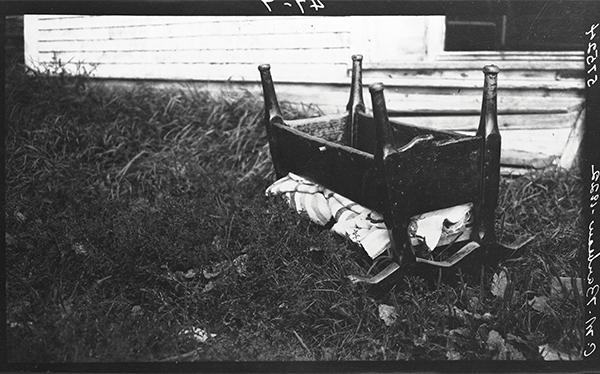
Berceau dans la cour de la maison appartenant à Johnny Babin à Rivière-Caplan en Gaspésie, 1922, MCH, 57524.
-
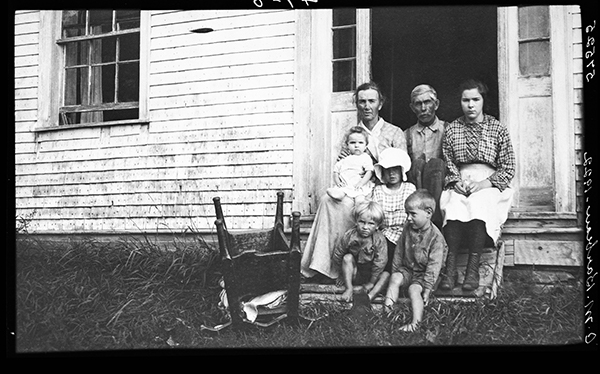
Famille de Johnny Babin à Rivière-Caplan en Gaspésie, 1922, MCH, 57525.
-
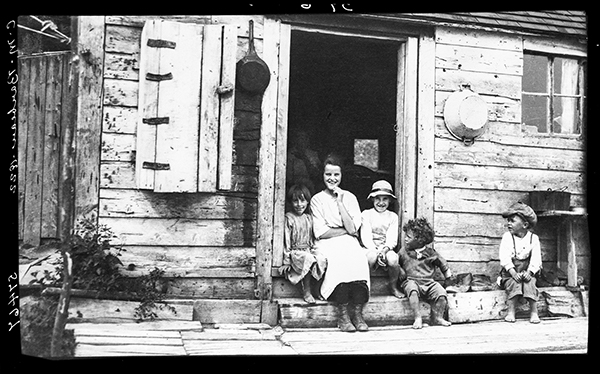
Enfants assis sur le seuil de leur maison à Grand Étang, Gaspésie, 1922, MCH, 57467.
-
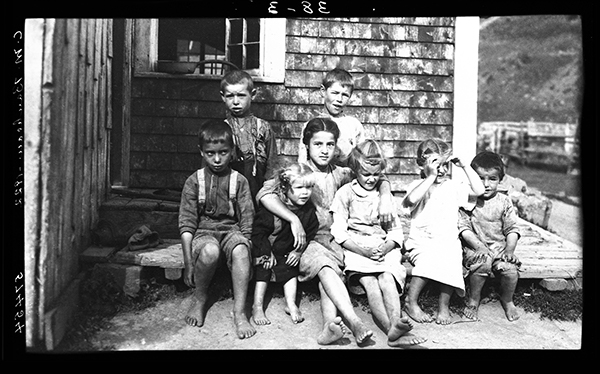
Famille d'un pêcheur à Grand-Étang en Gaspésie, 1922, MCH, 57454.
-
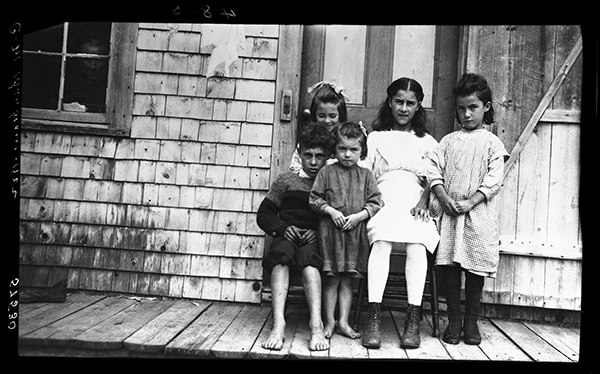
Famille de jeunes enfants près de Caplan, Gaspésie, 1922, MCH, 57530.
-
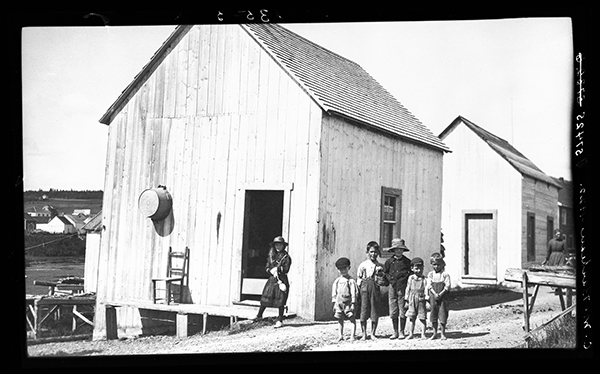
Enfants de la famille Denis à Rivière-au-Renard, Gaspésie, 1922, Musée canadien de l’histoire, Fonds Marius Barbeau, 57425.
-
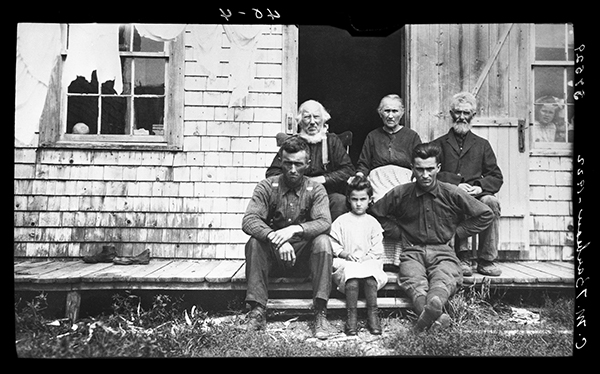
Canadien français d'âge avancé photographié près de Caplan, Gaspésie, 1922, Musée canadien de l’histoire, Fonds Marius Barbeau, 57529.
-
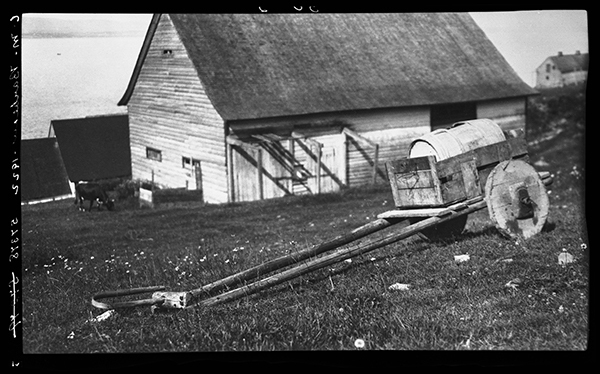
Chariot à eau, Grand-Grève, Gaspésie, 1922, MCH, 57378.
-
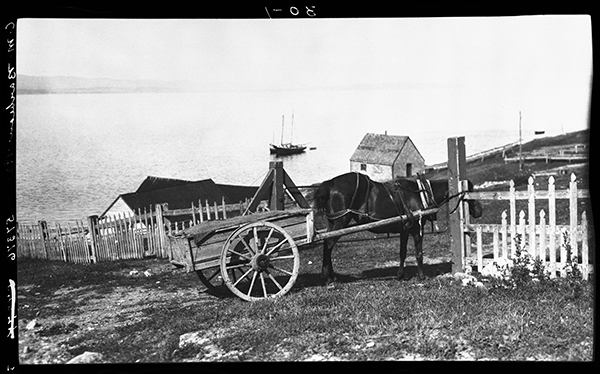
Cheval tirant une charrette à Grand-Grève, Gaspésie, 1922, MCH, 57376.
-
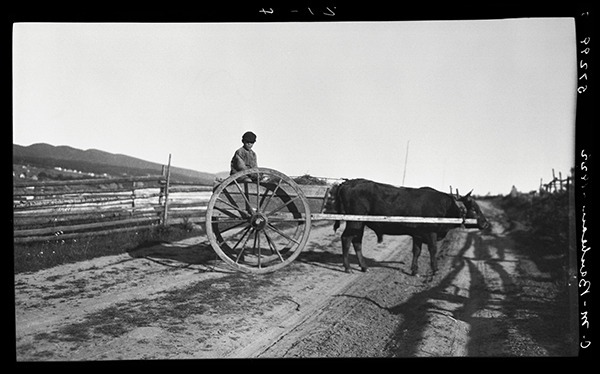
Chariot à boeuf à Cap-aux-Os, Gaspésie, 1922, MCH 57299.
-
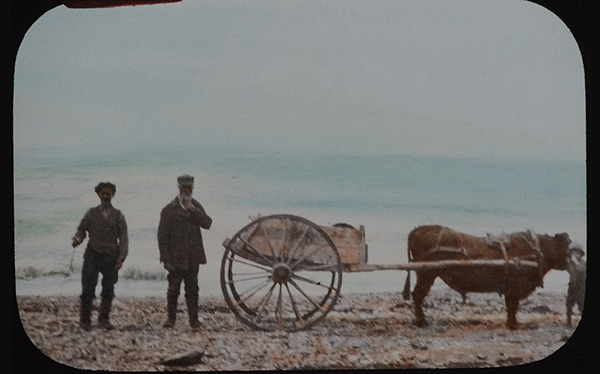
François Vallée avec une charette, tirée par un boeuf, transportant des morues, Sainte-Anne-des-Monts, Québec, 1918, MCH, 43440LS
-
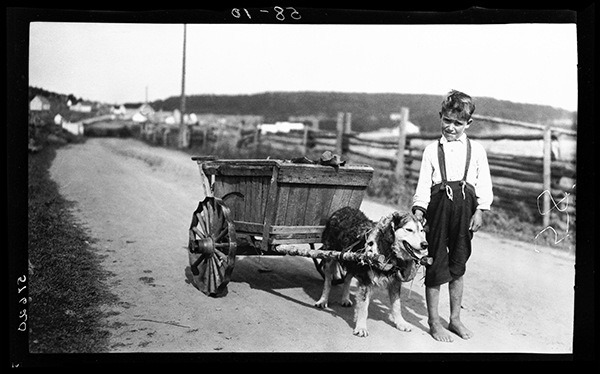
Armand Grenier, un jeune garçon accompagnant son chien attelé à une charrette, Newport, Gaspésie, 1922, MCH, 57620.
-
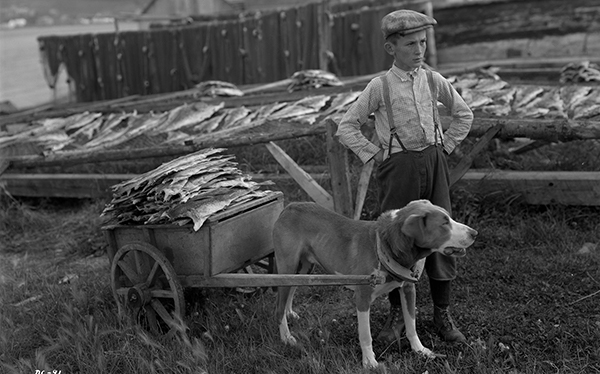
Garçon avec charrette à chien et morue. LAC-BAC, (Office national du film), PA -801638.
-
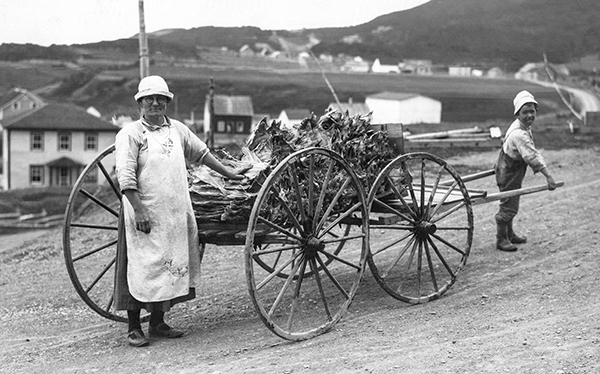
Femme, enfant et charrette chargée de morues, « Bovey Scrapbook of Photographs », LAC-BAC, eo11198215.
-
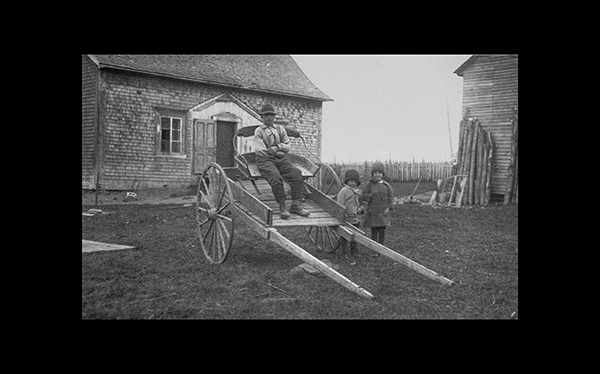
Homme et deux enfants autour d'une charette à Ruisseau-à-Patates, 1918, MCH, 43848.
-
Video "Wife of a fisherman" - Maurice Joncas.